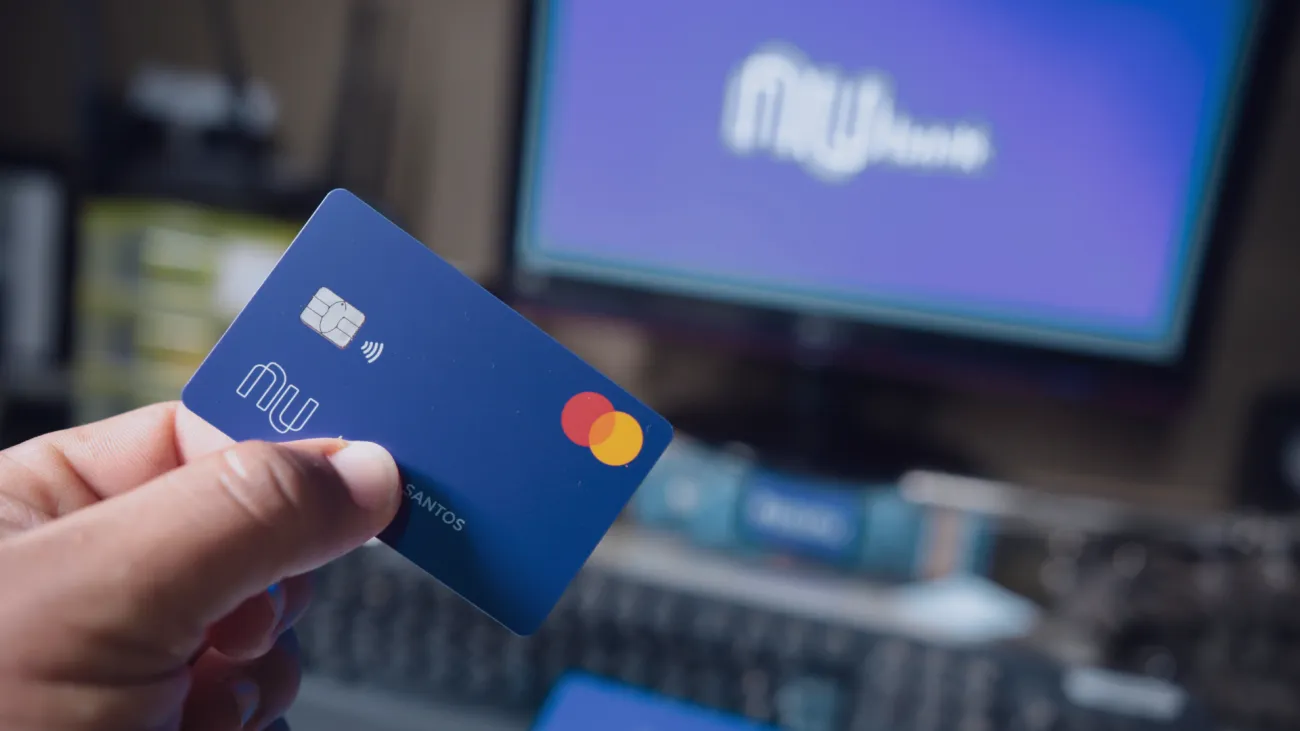
- Home
- How International Students Can Open a Bank Account In France?
Open a bank account in France
Managing your finances while studying in France with one of the programs offered by the Galileo Global Education network is much easier with a local bank account. For international students at Galileo schools, opening a French bank account means easier rent payments, simplified scholarship deposits, and reduced transaction fees.
You need specific documents like your passport, student visa, and proof of residence to start the process.
We understand the challenges you face as an international student in the Galileo network, which is why this guide breaks down everything you need to know about choosing the right bank and successfully opening your account in France.
Essential requirements for student banking

Most French banks need you to be at least 18 years old to open your student account. Your student visa must be valid for the duration of your studies, and you'll need proof of enrollment from your French school. Many banks also require a minimum deposit between €15 and €50 to activate your account.
When choosing your bank, consider the location of branches near your campus and student residence. Some banks like BNP Paribas and Société Générale offer English-speaking services at specific branches, making the process smoother for American students.
Remember that processing times vary between banks - traditional banks typically take 5-10 working days to activate your account, while online banks can complete the process in 2-3 days.
Students at Galileo Global Education schools, such as Paris School of Business, ESG, Narratiiv, HETIC, Cours Florent, Penninghen, LISAA, and all other schools receive personalized support at every stage through student services to facilitate these administrative procedures.
Required documents for account opening
French banks require a valid passport or national identity card as your primary identification document. You'll need to present your student visa or residence permit, along with your acceptance letter from your school. Proof of address can be your rental contract or electricity bill from your French residence. If you haven't secured housing yet, your shool's service of international relations can provide an attestation of domiciliation.
For your bank statements and financial records, bring documents from your home country translated into French. Some banks may ask for a minimum initial deposit, typically between €15-50. Many branches near school campuses have English-speaking staff to guide you through the compte courant application process.
Remember to schedule an appointment at your nearest branch rather than walking in, as this ensures all necessary personnel and translators are available.
Traditional vs online banking options

French banking offers two distinct paths for international students. Traditional banks like Crédit Agricole provide face-to-face support in multiple languages. You benefit from personalized guidance through complex financial matters and direct access to student advisors who understand your unique needs.
Online banks present a modern alternative with streamlined services and reduced fees. Boursorama and Britline offer user-friendly mobile apps, making daily transactions and account management more convenient for tech-savvy students. Their digital platforms often include built-in translation features and 24/7 customer support.
We recommend exploring both options based on your comfort level with digital tools and desire for in-person banking relationships. Many students choose to combine services, using a traditional bank for their primary account while keeping an online bank for everyday purchases.
American student banking solutions
American students face unique considerations when banking in France due to FATCA regulations. Several major French banks, including BNP Paribas and Société Générale, have specialized teams familiar with these requirements near school campuses.
We recommend scheduling appointments at multiple banks to compare their offerings. Some branches provide English-speaking advisors who understand both US and French banking regulations, making the process smoother for American students.
For those seeking simplified options, Crédit Agricole partners with American universities to offer student packages with reduced documentation requirements. Their current accounts include free international transfers and dedicated support for managing cross-border financial matters.
Managing international transactions

Your French bank account serves as a hub for managing cross-border finances. Smart use of mobile banking apps helps you track exchange rates and plan transfers to minimize fees. Many French banks now offer multi-currency features, letting you hold both euros and your home currency in the same account.
When receiving funds from abroad, consider timing your transfers around favorable exchange rates. Some student accounts provide real-time rate alerts and fee-free international transfers during specific windows. Using your French debit card abroad typically incurs lower fees than withdrawing cash, making it a practical choice for travel within Europe.
Setting up recurring international transfers through your French account can help you maintain consistent access to funds while reducing transaction costs.
Mobile and digital banking features
French banks provide robust mobile solutions that transform how you manage money while studying abroad. Modern banking apps offer real-time balance tracking and instant notifications for all transactions. Most platforms support multiple languages, making navigation seamless for English-speaking students.
Beyond basic functions, these apps include smart budgeting tools that categorize expenses and help track spending patterns across different merchant categories. Students can easily monitor their monthly allowances and set personalized spending limits for different expense categories.
The latest banking platforms integrate seamlessly with popular payment services, enabling quick transfers between classmates for shared expenses. Many apps now feature built-in currency converters and international transfer tracking, helping you stay on top of your finances across borders.
Each region in France has a unique lifestyle

Discover more about student life in Paris, Lyon or Bordeaux, key cities where Galileo Global Education campuses are located. You can also find out more about the school campuses across France by checking out these articles below.
Can a foreign student open a bank account in France?
Yes, foreign students can open a bank account in France. You'll need a valid passport, student visa, proof of enrollment at a French institution, and proof of address. Most banks offer dedicated student accounts with special benefits for international students.
Can I open a bank account in France as a non-resident?
Yes, you can open a non-resident account before arriving in France. Many banks offer this service online, though you may need to visit a branch in person once you arrive to complete the verification process.
What is the benefit of the Livret A bank account?
The Livret A is a tax-free savings account offering competitive interest rates for students. It has no management fees, allows unlimited deposits and withdrawals, and provides a secure way to save money while studying in France.
Which bank is best for international students in France?
BNP Paribas and Société Générale are highly recommended for international students. They offer English-speaking services, extensive branch networks near universities, student-specific benefits like free bank cards, and specialized assistance for managing cross-border finances.
How to open a bank account in France online?
Online banks like Boursorama and Britline allow you to open an account digitally. You'll need to upload scanned copies of your identification documents, proof of address, and student status. The process typically takes 2-3 days, and you can manage everything through their mobile apps.